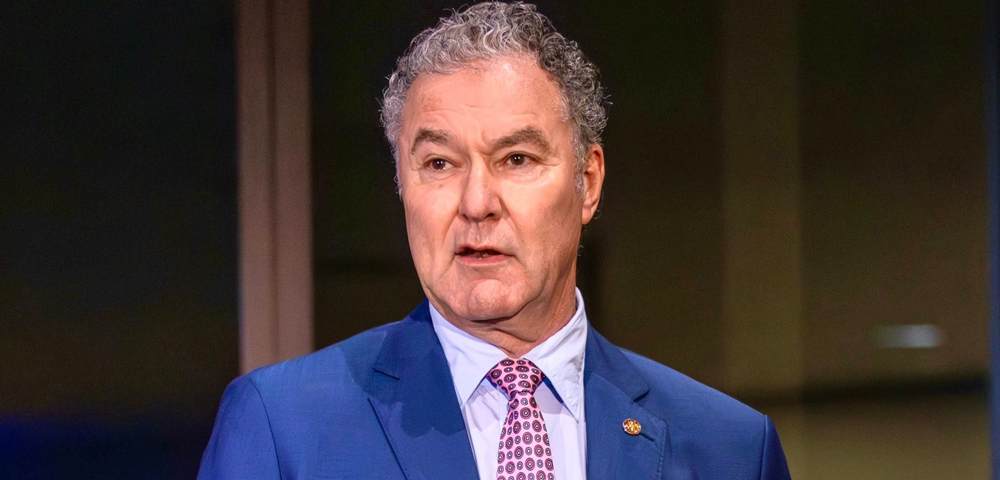
HIV reporting under fire
ROBERT BURTON-BRADLEY
A United Nations report has strongly criticised Australia’s HIV reporting regime just days before World AIDS Day, saying its failure to include certain data jeopardises the global fight against the disease. The criticism follows a more than eight percent national increase in new HIV cases in Australia and a damning report by leading HIV/AIDS groups which found Australia’s response to HIV had stalled and lacked political leadership and investment.
The UNAIDS annual World AIDS Day report found the overall world outlook was positive with infections down by up to 50 percent in low-income countries and a 60 percent increase in people on treatment, but said some countries like Australia were failing to adequately collect and declare vital data.
The report highlights three areas where Australia fails to provide reporting data: on HIV prevention programmes for sex workers, the reach of prevention programmes targeting men who have sex with men (MSM), and condom use among people who inject drugs.
According to the same report, these are the areas where HIV continues to have a disproportionate impact because prevention and treatment programs are largely failing to reach these groups.
UNAIDS executive director Michel Sidibé said Australia was not playing its part and its failure to report data set a terrible example to other countries.
“For me it’s a lack of political commitment,” he said.
“If we cannot report in Norway on the situation of key [populations], how will it be possible for me to convince Burkina Faso to report?
“Now that we know that rapid [testing] and massive scale up is possible, we need to do more to reach key populations with crucial HIV services.”
The criticism was rejected by the Australian Federation of AIDS Organisations (AFAO).
“Our research and surveillance system is very highly regarded, for example, every year we have a periodic which asks a fairly strong sample of gay men about their sexual behaviour,” AFAO executive director Rob Lake said.
“Heaps of countries could not tell you meaningfully those sorts of figures the UN is talking about.”
Lake claimed some of the data the UN wanted was essentially meaningless.
“For men who have sex with men, for example, the UN is talking about reach and that’s not about how effective prevention is; it’s about how many people were in contact with the programmes, and we don’t collect data like that because it’s not a very meaningful stat.
“Rather than just asking ‘were you given a condom?’, we’d ask ‘did you actually use that condom?’”









